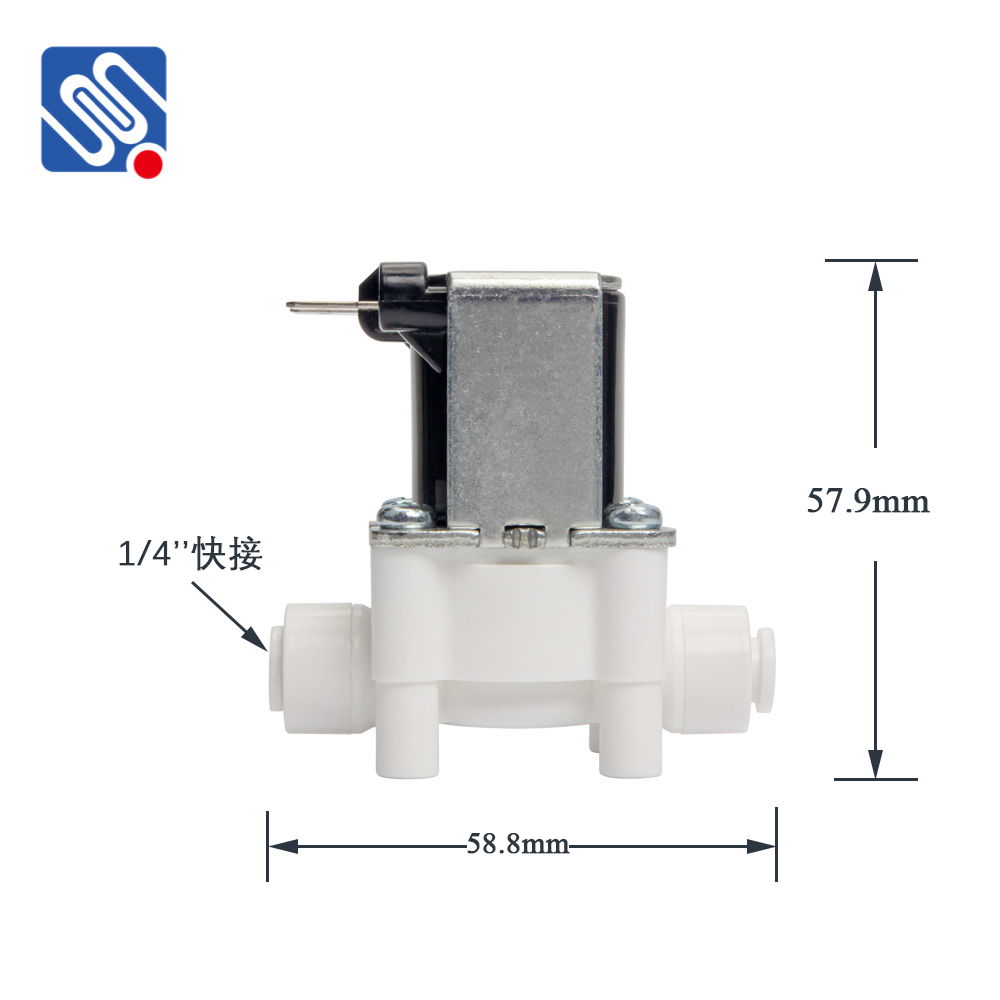A Normally Closed (NC) Solenoid Valve is an essential component in various fluid control systems, offering precise control over the flow of liquids and gases. This type of valve operates based on the principle of electromagnetism and is commonly used in industrial, commercial, and residential applications. In this article, we will explore the working principle of NC solenoid valves, their common uses, and the advantages they bring to various systems.

What is a Normally Closed Solenoid Valve? A Normally Closed solenoid valve is a type of valve that remains closed when not energized. It is called “normally closed” because, in its default state (without electrical current applied), the valve keeps the flow of fluid or gas restricted. Once the solenoid coil is energized, it generates a magnetic field that opens the valve, allowing fluid or gas to flow through. When the power is turned off, the solenoid returns to its original position, closing the valve and stopping the flow. This design is used for various types of fluid control, including liquids, gases, and even slurries, making it versatile in different industries. The ability to control the flow with electrical energy makes NC solenoid valves an integral part of automated systems.
Leave a Reply